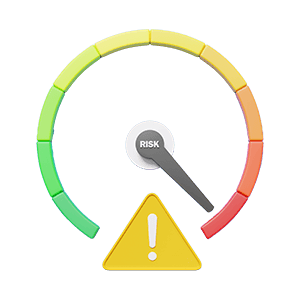Responsible Gambling
Responsible gambling refers to the concept of taking a balanced and moderate approach to gambling, where the individual is in control of their behavior and the activity does not negatively impact their life or the lives of those around them.
Here are some tips for practicing responsible gambling:

Set limits
Set a budget and time limit for your gambling activities and stick to them.

Don’t chase losses
If you lose money, don’t try to win it back by continuing to gamble.

Avoid alcohol
Drinking alcohol while gambling can impair judgment and lead to poor decision making.

Take breaks
Take regular breaks to prevent excessive or prolonged gambling sessions.

Recognize warning signs
Be aware of the signs of problem gambling, such as neglecting personal responsibilities, hiding gambling behavior, and feeling the need to gamble with larger amounts of money to get the same thrill.

Seek help
If you think you may have a gambling problem, seek help from a professional counselor or support group.
Remember that gambling should always be a form of entertainment and not a way to make money or solve financial problems. By practicing responsible gambling habits, you can enjoy the activity without it negatively impacting your life.
Help for problem gamblers
Problem gambling can have significant negative consequences for individuals and their loved ones. Fortunately, there are a number of resources available to help problem gamblers:

Support Groups
Joining a support group such as Gamblers Anonymous can be a helpful way to connect with others who are struggling with gambling addiction. These groups provide a safe and supportive environment where members can share their experiences and learn from one another.

Counseling
Counseling can be a powerful tool for problem gamblers. A counselor can help individuals understand the root causes of their gambling addiction and develop strategies to overcome it. There are many different types of counseling available, including cognitive-behavioral therapy, which focuses on changing negative patterns of thinking and behavior.

Self-Exclusion
Many casinos and online gambling sites offer self-exclusion programs that allow individuals to ban themselves from gambling activities for a period of time. This can be a useful tool for problem gamblers who need help staying away from gambling activities.

Financial Counseling
Problem gambling can have a significant impact on an individual’s finances. Financial counseling can help individuals develop a budget and manage their money in a responsible way.

Hotlines
There are many hotlines available that offer support and advice to problem gamblers. These hotlines are staffed by trained professionals who can provide guidance on how to get help and connect individuals with local resources.
If you or someone you know is struggling with problem gambling, it’s important to seek help as soon as possible. With the right support and resources, it’s possible to overcome gambling addiction and regain control of your life.




